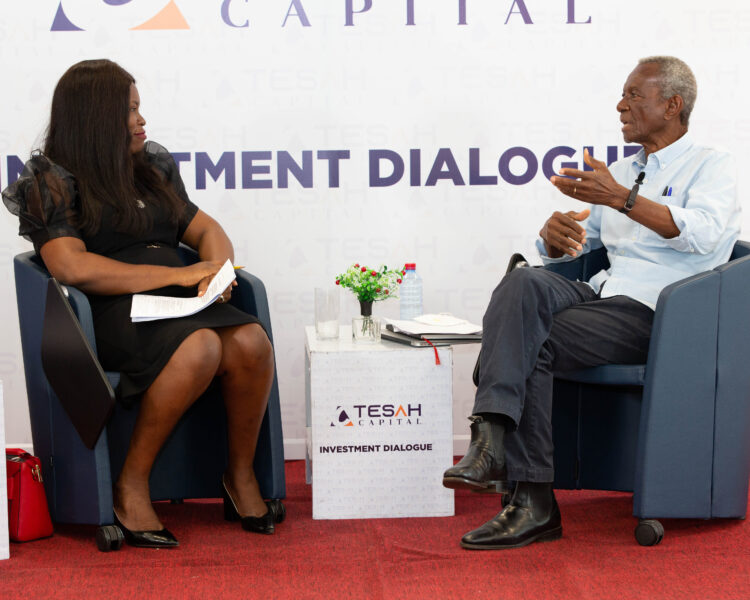Ghanaian youth have been advised to take advantage of the post-Covid-19 era to explore their entrepreneurial capabilities.
Mr Kwame Pianim, renowned economist said new opportunities and business models were emerging in the wake of Covid-19 for those who are ready.
“The pandemic should rather keep us alive in the sense that business-minded citizens should take advantage of the situation. The pandemic has changed the course of daily life and we are witnessing people and businesses embrace the unexpected in creative ways,” he said when he shared his experiences on investment at a virtual investment dialogue series organised by Tesah Capital, an investment management company.
It was on the theme, “Investing in Ghana; My Journey and Lessons.”
He noted that unlike previously when the government reached out to the local level businesses to give them capital to empower them to boost their businesses or by patronising their operations, small and medium entrepreneurs (SMEs) currently face lack of access to needed capital.
“I believe giving financial help to SMEs can help boost the economy,” he said.
Angel Investors
According to Mr Pianim, the concept of ‘angel investors’ was important for SMEs because they mostly provide start-up capital.
He described them as hands-on investors who contribute their skills, expertise, knowledge and contacts in the businesses they invest in.
“Angel investing is often the primary source of funding for many startups who find it more appealing than other forms of funding. The support that angel investors provide startups, fosters innovation which translates into economic growth,” he said.
However, he said aspiring young entrepreneurs did not often prepare adequately before deciding to go into business and so tend to waste the little capital they get.
“It happens because they lack the basic financial literacy. It is interesting when young people come to make a pitch.
“As angel investors, we don’t know whether they have thought about it carefully or not. Do your research to make sure you understand the industry you will be involved,” he advised.
Best Practices
The renowned economist deduced the development of a savings culture was appropriate for SMEs too as they are also vital to economic growth.
He said one of the most difficult management decisions a SMES would have to make, on an ongoing basis, was how to balance cash on hand with funds (capital) to deploy in the business for requirements such as inventory, technology and marketing.
“Experience reveals that a sustained mismatch between sunk capital and expenses, and lack of cash flow and reserves results in business stress and possible failure.
“Always put your savings in the bank don’t decide to keep it in the market because there could be fire outbreak. Don’t keep it under your pillow, it can be stolen, if you are a woman, don’t take it home, if not, your husband will stop giving you ‘’chop money’’ and you will be forced to spend it,” he said.
Source: graphic.com.gh






